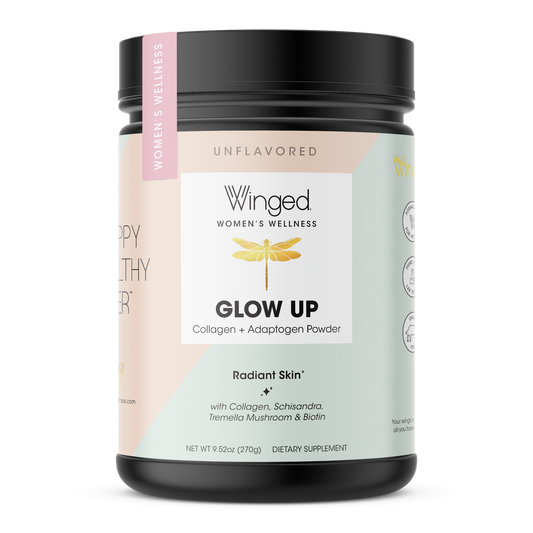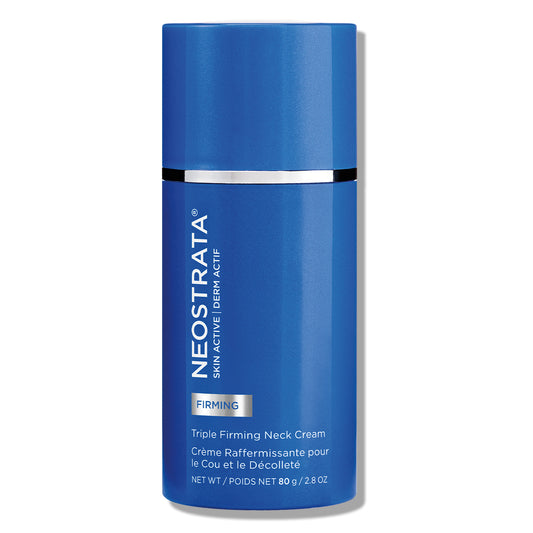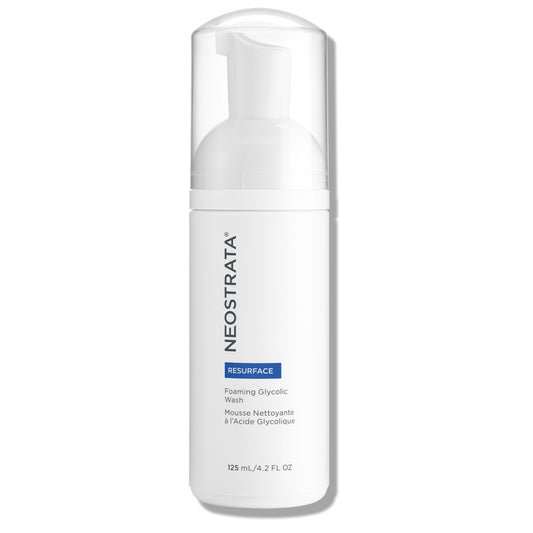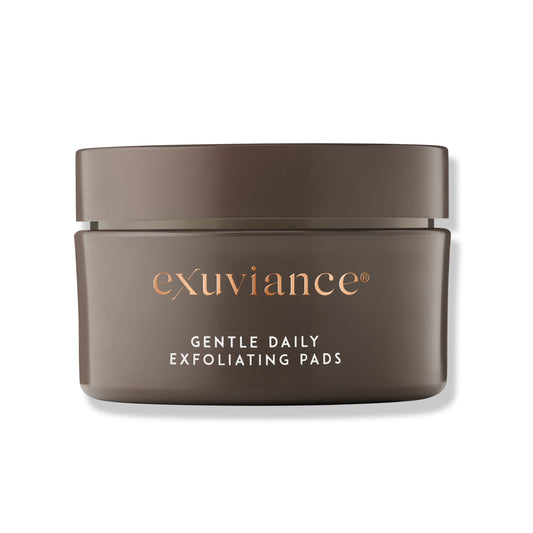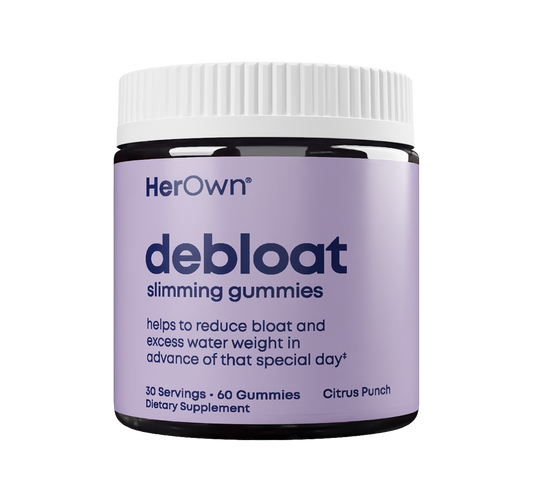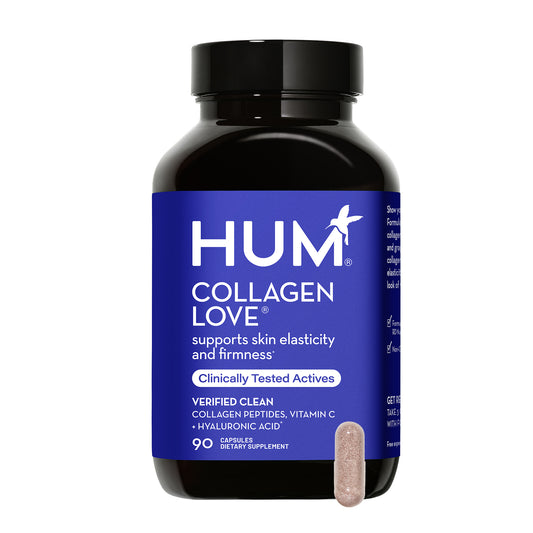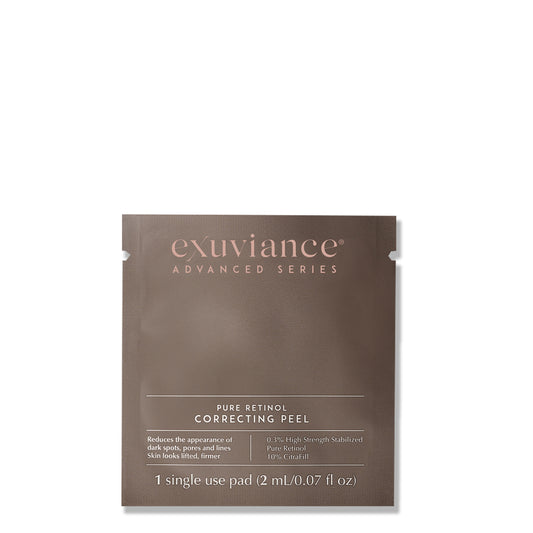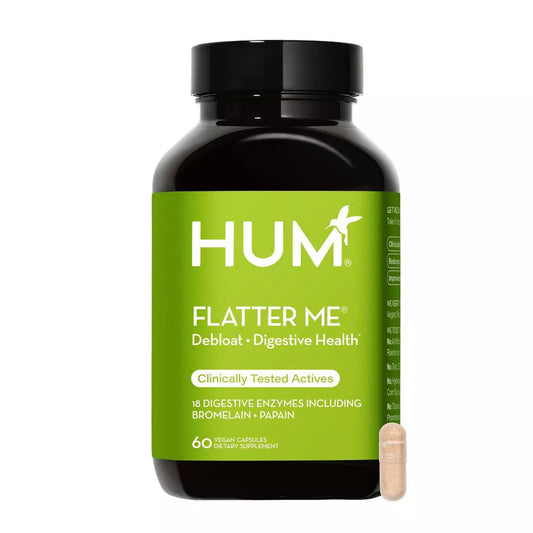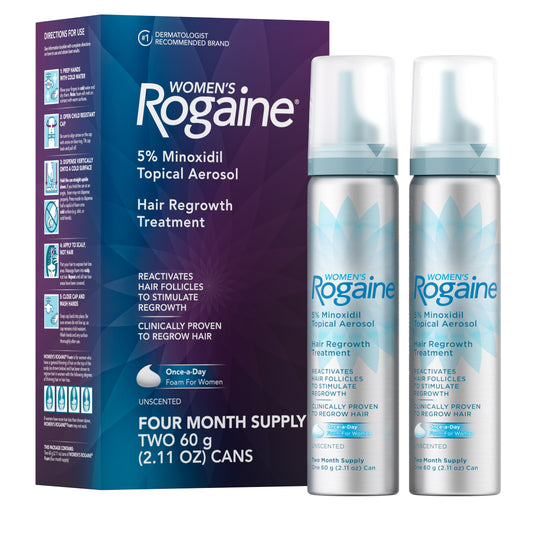-
Vendor:Winged Wellness
Glow Up Collagen & Stress Drink Mix Powder, 9.7 oz.
Regular price $30Regular priceUnit price per -
Vendor:HUM Nutrition
Uber Energy Supplement, 60 Capsules
Regular price $26Regular priceUnit price per -
Vendor:Neostrata
Skin Active Triple Firming Neck Cream, 2.8 oz.
Regular price $88Regular priceUnit price per -
Vendor:Neostrata
Resurface Foaming Glycolic Wash, 4.2 fl oz.
Regular price $40Regular priceUnit price per -
Vendor:Exuviance
Gentle Daily Exfoliating Pads, 60 Pads
Regular price $45Regular priceUnit price per -
Vendor:Her Own
Debloat Slim & Tone, 30 Gummies
Regular price $17.99Regular priceUnit price per -
Vendor:HUM Nutrition
Ashwagandha Calm Supplement, Mixed Berry, 30 Gummies
Regular price $26Regular priceUnit price per -
Vendor:HUM Nutrition
Collagen Love Skin Supplement, 90 Capsules
Regular price $40Regular priceUnit price per -
Vendor:Exuviance
Pure Retinol Correcting Peel, 6 Pads
Regular price $82Regular priceUnit price per -
Vendor:HUM Nutrition
Flatter Me Supplement, 60 Capsules
Regular price $26Regular priceUnit price per -
 Sold OutVendor:Exuviance
Sold OutVendor:ExuviancePerformance Peel AP25, 26 Pads
Regular price $86Regular priceUnit price per -
Vendor:Women's Rogaine
Minoxidil 5% Topical Foam, Four Month Supply, 2 Pack
Regular price $44.97Regular priceUnit price per
Learn
Browse menopause articles
We're getting real about hormones — because when it comes to managing your symptoms, knowledge is power.

Q&A with Dr. Liss, OB-GYN
Is there a special menopause diet I should be following?
What are signs perimenopause is ending?
What are the common symptoms of menopause?
What causes menopause?
How long does menopause typically last?
Can menopause hormone therapy (MHT) improve menopause symptoms?
Can menopause products help with vaginal dryness?















